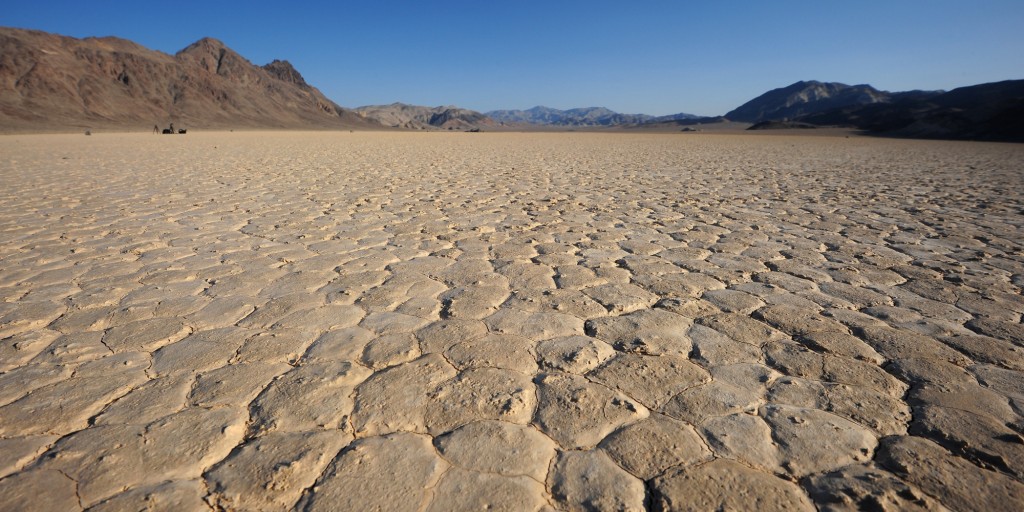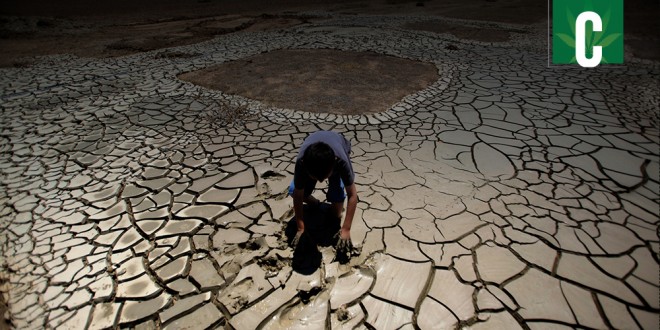Proposition 64, a ballot initiative that would legalize marijuana in California, could help a lot of people and a lot of causes. But there’s one potential benefit that hasn’t received much attention in the lead-up to Election Day: Legalization could help the state preserve water.
Why? It’s because illegal pot growers cause significant damage to natural watersheds. Their illicit farms, typically tucked away in the remote hills of Northern California, require large amounts of water, and they have no access to legal sources. Instead, they pillage local streams and runoffs.
This damage occurs on both private and public land, including large plots in federal and state parks. And the toll on a state already mired in long-term drought is substantial.

The biggest part of the problem is that there are so many illegal cannabis fields across the Golden State. These sites can be nearly impossible to detect or regulate, as remote parts of the state are hard for police to access.
But marijuana advocates believe that would change if voters choose to legalize the drug Nov. 8. Proposition 64, which will appear on the statewide ballot, would make it legal to buy, possess, and use up to 1 ounce of cannabis and to grow up to six plants at home.
The law would also impose tough new rules on California’s retail marijuana industry, both medical and recreational. And it would levy special excise and sales taxes to fund law enforcement, education, and other public programs.
Increased ability to monitor water usage
The very fact that state authorities could monitor cultivators would increase their ability to reduce water waste. It’s easier to penalize a legally licensed company that abuses water sources than an illegal grower who lives in the mountains of Humboldt County.
Illegal farmers will persist after legalization, but their numbers should plummet. Many will enter the legal market and adopt new cannabis cultivation techniques to preserve water. Those who can’t could see black market demand drop sharply, forcing them to grow fewer plants or go out of business.
None of this will happen overnight.
“Many of the current growers will not be prepared to comply with expected regulations as to land and water usage as well as the restrictions as to sales and distribution,” said James Kelly, president of Cultivated Power. “They will have to operate on land legally obtained and respect the watersheds in their area as well as the use of water.”
Among other rules, Prop. 64 would deny water rights to many growers whose land is located near natural watersheds. That alone would make it harder for illegal farms to survive, as authorities could punish growers simply for using water without permission.
“The arcane complexity of Western water rights may also mean that even though they have water passing through or next to their property, they may not own the rights to that water,” Kelly said. “They will also be competing against controlled indoor or greenhouse facilities which may utilize methodologies requiring 20% or less water than outdoor cultivation sites.”
—
Tell us what you think: Is it important that legal marijuana regulations account for water preservation and the state’s long-running drought? Leave a comment.
 California Marijuana Market Breaking "Marijuana News" from CA
California Marijuana Market Breaking "Marijuana News" from CA





